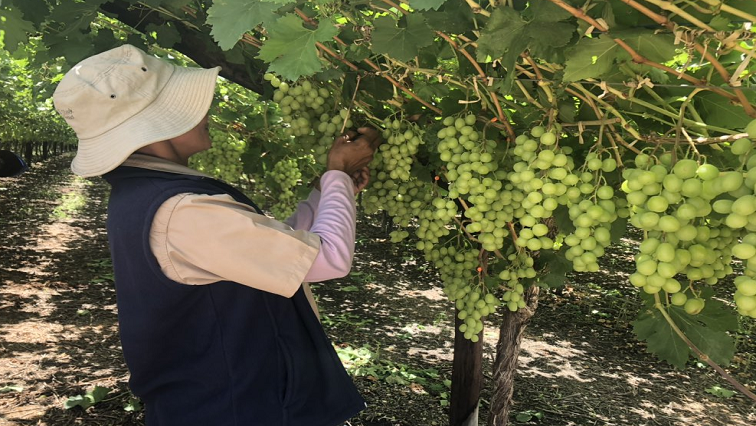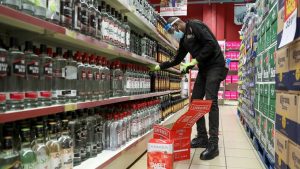The 2021 wine grape harvest in the Western Cape is looking very good with excellent quality expected in most areas, but the Catch 22 situation of not being able to sell wine is proving disastrous.
Tens of thousands of jobs have already been lost, while further uncertainty is expected to result in even more casualties.
The alcohol ban during the first lockdown hit the industry hard. The second and third ban is also causing havoc on the industry.
Increased volumes of grapes of outstanding quality hang on the vines in farms throughout the Western Cape. The harvest is under way and weather permitting it will continue into April.
However, there is no space in the cellars. An estimated surplus stock of R1,5 billion still lies in tanks. This follows the previous ban on alcohol sales, totaling 18 weeks.
Maryna Calow from Wines of South Africa, says the losses to the industry as a whole is devastating.
“The amount of livelihoods being impacted throughout the value chain is significant. This relates not only directly to wineries but also within the tourism element. Restaurants and hospitality both on and off winery properties, freighting companies, retailers, packaging companies, printers and even Uber drivers. At this stage, we don’t know yet how long the latest ban will be in place but the reality is that at this stage there’s a very fine line between lives being lost to COVID-19 and livelihoods being lost and the long term damage that will be caused.”
Producers that will not be able to find or make space in cellars could be forced to do a green harvest. This means the grapes will be left to hang on the vines, resulting in less seasonal work.
This will spell employment losses for tens of thousands of seasonal workers during harvest season and beyond.
Louw says the current employment figures are difficult to determine.
“At this stage, the number is anyone’s guess and this will only be exacerbated depending on the length of the ban.”
A slight ray of hope comes in the form of winemaking. Producers are allowed to harvest and process their product as it falls under agriculture.
Louw says long-term planning is near impossible and producers are only focusing on the harvest right now.
“Fortunately, we can still continue to export our wine and this is a major focus for our producers as their only tangible option. Otherwise, many producers are selling wine online for delivery. Once the ban is finally lifted and this seems to be a good source of turnover for producers, this will help tie them over for the harvest period when workers need to be paid weekly.”
South Africa’s wine industry has lost nearly R8 billion in revenue since the alcohol ban last year.






